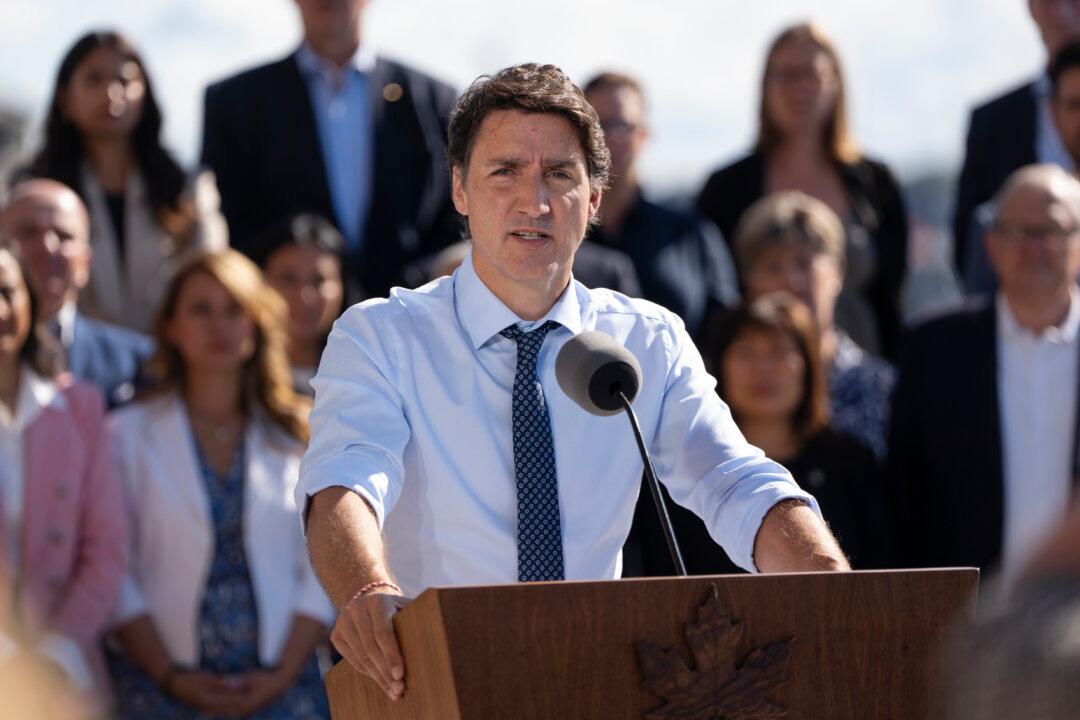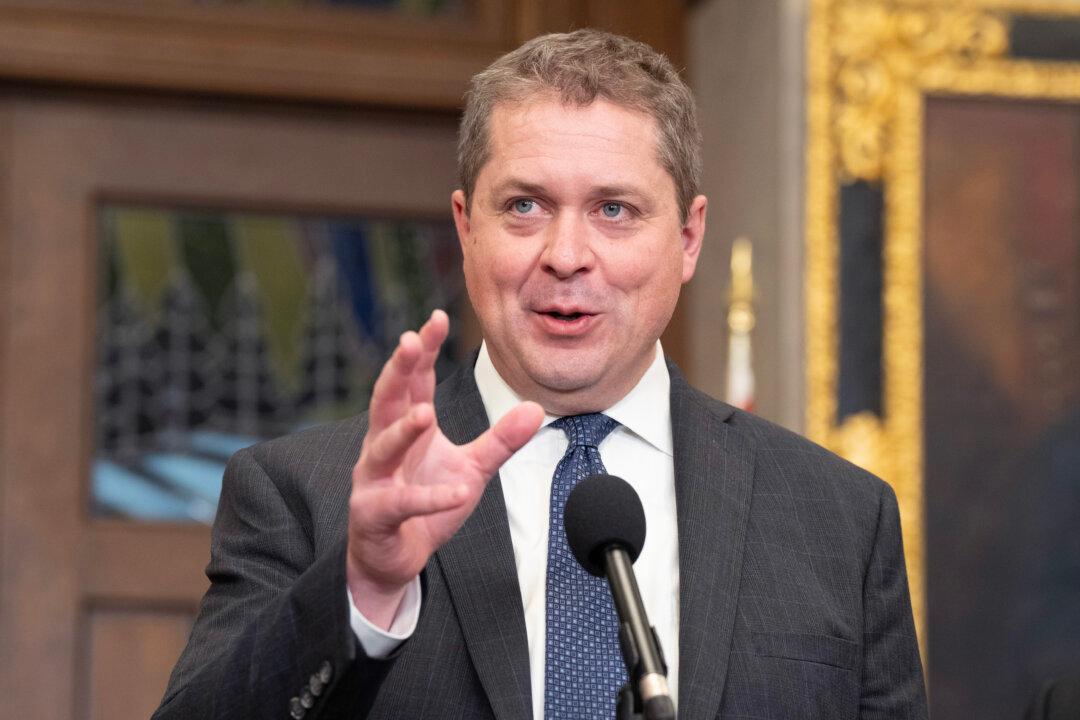Prime Minister Justin Trudeau has announced his government will be implementing tariffs on imports of Chinese electric vehicles (EV), steel, and aluminum.
Ottawa will put a 100 percent tariff on Chinese-made EVs, including electric buses, cars, delivery vans, and certain hybrid vehicles, effective Oct. 1. A 25 percent tariff will also be put on steel and aluminum products starting Oct. 15.





